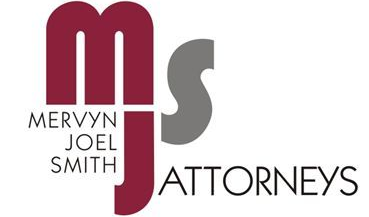A missed payment of as little as R100 in recent months could have a significant impact on your chances of securing your dream home when you apply for a bond. So, if you are keen on buying a home, it’s best to check on any outstanding debts and clear them before you start the process of getting a home loan. “We are finding that banks are looking closely at bond applicants’ credit scores, and even small arrears within a 12-month period could count against them and may result in the bond application being refused,” says Mary Lindemann, Operations Executive of BetterBond.
Is there a golden credit score number to aim for?
Lindemann says the higher your score, the greater your chances. Credit scores in South Africa generally range from 300 to 850, and some providers recommend a score of above 600 to qualify for a home loan, while others call for upward of 700.
“Banks base their decision to either approve or decline on whether you have honoured your financial commitments. Bond originators will apply to several banks on your behalf, to secure the best lending rate, and your credit score is one of the considerations that will affect this outcome.”
The good news is that it is possible to get your credit score in order relatively quickly. Here are five ways to improve your credit rating:
1. Pay your bills and accounts timeously and pay the full amount required.
2. Draw a credit report from a reputable credit provider such as Experian or Credit Score to know the range of your credit score. Your request for a report is known as a “soft enquiry” and won’t affect your credit score. Too many “hard enquiries”, from lenders who take a full look at your credit score, may count against you as it may create the impression that you are struggling financially, and desperately seeking credit.
3. Maintain your accounts – don’t close them. A portion of your credit score is based on the age of your existing accounts.
4. Pay off your credit card balances and try not to use too much of your total available credit. Keep your credit card use to less than 50% so that you can pay what you have used each month.
5. If your home loan is refused, based on your credit score, obtain a detailed report, and seek guidance on how to improve your score so that you can apply again.
Take action
If you are concerned that previous unsound financial habits might impact your chances of securing this loan, you should start by knowing your credit score – and then work your way up from there.
Did you know South Africa legislation as part of the National Credit Act entitles you to a free credit report every year? Yet it is estimated that fewer than 5% of us make use of this financial health option.
Choose one that works for you and then enlist expert advice to get your financial habits on track if your rating is not that good. It is the first step in your journey to becoming a homeowner.
What is included in a credit score and what will you find in your credit report?
Your credit report is a combined summary of your financial background with an overview of your credit score, financial accounts, profile, and rating. Typically, a credit score is from 0 to 999, and is calculated by using all the details on your credit profile. Metrics used by the different bureaus weight all your financial decisions and payment history, allowing them to collate and detail any potential risk to lenders.
The lower your credit score number, the more risk you pose.
“Your credit score plays a vital role in determining the interest rate that a bank would potentially approve, based on your risk profile,” adds Lindemann. “It’s certainly a number worth knowing if you are looking at applying for a bond.”
Article courtesy of Lexis Digest
